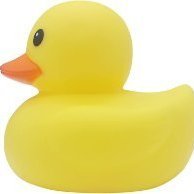Using a credit card from home in thailand
-
Recently Browsing 0 members
- No registered users viewing this page.
-
Topics
-
-
Popular Contributors
-
-
Latest posts...
-
5
Report Swatch's 'Slanted Eye' Ad Sparks Outrage in China
Grow a pair China. Whiney babies -
91
-
10
Analysis Paetongtarn’s Refusal to Step Down Seen as Key to Court Survival
My prediction is that she's a goner. If the court decides otherwise, prepare for mass protests to take place. -
20
Ukraine Frontline Skepticism: Ukrainian Troops Question Land Concessions
I’m not a fascist I like democracy you can follow your pidepiper felon imbezzler sex offender wanna be dictator were ever you like. -
25
How often do you, irrationally, believe you have a brain tumor?
Self prognosis is a fools errand. -
4
Report Foreign Volunteer Claims Death Threats at Lopburi AIDS Temple
Is Thailand 's Buddhism a religion? or just worship to deities? back where I come from Singapore, people pray to get good luck. same like people here doing 'merit' by donation.
-
-
Popular in The Pub







.thumb.jpg.c9cc4f693f29626b87bf7a22d0e8b6e9.jpg)

.thumb.jpg.bc523c85a8d558dbc282dca7a2e602c9.jpg)
Recommended Posts
Create an account or sign in to comment
You need to be a member in order to leave a comment
Create an account
Sign up for a new account in our community. It's easy!
Register a new accountSign in
Already have an account? Sign in here.
Sign In Now